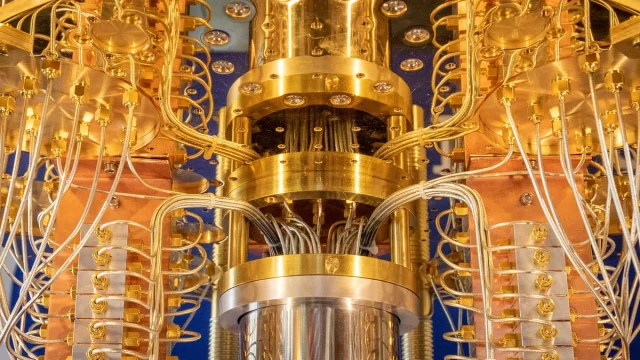With the usual technology battle involving the East and West, the latest one in terms of computing is none other than quantum computing. Touted to be the next revolutionary piece of architectural achievement, the tech is still currently in its early stages of exploration. But one thing most people didn’t realize is that in order to speed up the research of quantum computing, we still need traditional computing but luckily, NVIDIA took notice of that and has announced a new unified computing platform just for that.

The NVIDIA Quantum Optimized Device Architecture, or QODA, is created to help speed breakthroughs in the development and research progress of quantum computing across the filed of AI, HPC, health, finance, and more disciplines, just to name a few. By providing a coherent hybrid quantum-classical programming model that is open and unified, domain experts in the AI and HPC field can directly add early adoption of quantum computing into existing applications to combine the power of the old and new to simulate future quantum machines via various NVIDIA DGX systems and a large installed base of NVIDIA GPUs available in scientific supercomputing centers and public clouds.
Although the pioneer leaders in the quantum industry already use NVIDIA GPUs and highly specialized NVIDIA software called NVIDIA cuQuantum to develop individual quantum circuits, the new QODA expands that capability even further by allowing complete quantum applications to be developed and simulated on GPU-accelerated supercomputers. As such, partners including quantum hardware providers IQM Quantum Computers, Pasqal, Quantinuum, Quantum Brilliance and Xanadu; software providers QC Ware and Zapata Computing; and supercomputing centers Forschungszentrum Jülich, Lawrence Berkeley National Laboratory, and Oak Ridge National Laboratory, are all hopping into the QODA train with positive notes.
For more detailed diving into quantum-related topics, check out the blog post by expert Kristel Michielsen on unlocking energy-efficient computing with never seen before levels of efficiency.










